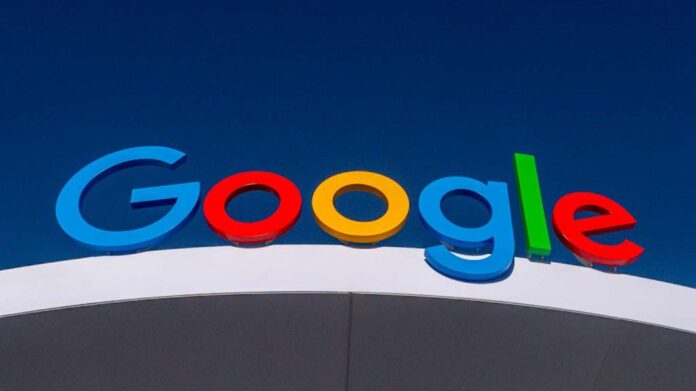
Two large technology companies will be facing billions of dollars in disputes before the highest European court on Tuesday. The European Court of Justice (ECJ) will decide on a competition fine for Google and on back taxes for Apple. The EU Commission is behind both cases.
Is Google abusing its market power?
The Google case is about a long-running dispute over the price comparison service Google Shopping. In 2017, the EU Commission imposed a fine of 2.4 billion euros on Google. It argued that the Internet giant favored the results of its own price comparison service over those of its competitors on the general search results page. According to the information, Google presented the search results of its service at the top and highlighted with an image and text. The search results of the competing services only appeared further down as a blue link.
According to the EU Commission, this is why users clicked on the results of Google’s price service more often than those of its competitors. However, these companies were dependent on data traffic from Google’s general site in order to continue to be economically successful. Google therefore abused its dominant market position, the Brussels authority argued in 2017. Google and its parent company Alphabet initially unsuccessfully challenged the EU fine before the EU General Court and then took the case to the higher-level ECJ, which has now announced its ruling.
The outlook is not good for Google: The Advocate General agreed with the EU Commission in her opinion. Such an assessment is not binding, but the court often follows it.
Apple faces setback
Apple’s case involves back taxes originally amounting to 13 billion euros – plus interest. The EU Commission had asked the iPhone manufacturer to pay the amount in 2016, and the money has been in a trust account since then. In 2020, Apple prevailed before the EU court, which declared the back payment null and void. The judges argued that the Commission had not been able to prove that Apple’s tax agreements in Ireland from 1991 and 2007 constituted prohibited state aid.
In principle, there should be free competition in the EU. Individual member states may not distort this competition by offering special benefits to individual companies. Ireland and Luxembourg in particular have been criticized in the past for tax deals. The Commission appealed to the ECJ, which has now announced its ruling.
The Advocate General at the ECJ came to the conclusion that the EU court’s ruling should be overturned due to a number of errors. Unlike with Google, the legal dispute here would not necessarily be over; the lower EU court might have to decide again. The iPhone company has always stressed that the income of the two Irish subsidiaries in question was primarily subject to tax in the USA. This meant that Apple was asked to pay twice.
Groundbreaking cases for the EU Commission
If the judges follow the final submissions in both cases, it would be a great triumph for the EU Commission and the outgoing Competition Commissioner Margrethe Vestager. Brussels has been wrangling for years about how to prevent distortions of competition by the giant tech companies. In addition to laws such as the Digital Markets Act (DMA), which is intended to combat the dominance of large online platforms, the EU Commission’s competition watchdogs have imposed several fines on Google in recent years totaling a good eight billion euros. However, the company quickly digested these with its booming online advertising business. The Brussels authority has also repeatedly taken action against certain tax deals. The measures were not always successful, and some decisions were overturned by European courts.
© dpa-infocom, dpa:240910-930-228106/1
This is a message directly from the dpa news channel.
